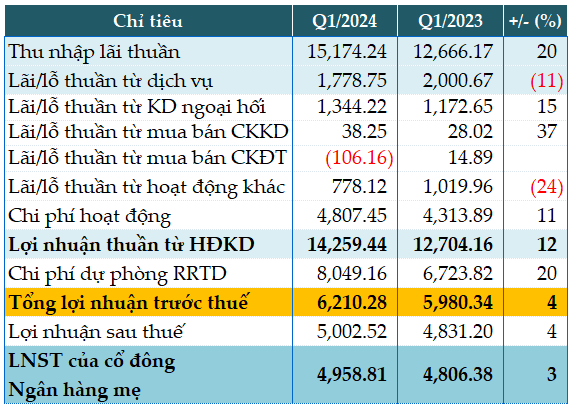During the Lunar New Year, a series of properties are being advertised by banks for debt recovery purposes. Many of these properties are located on major, beautiful roads. This has caught the attention of many people who are interested in bank liquidated real estate because they believe that this type of property has certain advantages.
Firstly, many buyers believe that liquidated properties will have clear legal status as the banks have thoroughly appraised them before disbursing loans. Therefore, if buyers purchase a property that has been liquidated by a bank, they can limit the legal risks involved. Secondly, many buyers believe that the prices of bank liquidated properties will be lower than market prices.

Many banks are advertising real estate to recover debt. (Illustrative photo)
However, according to lawyer Le Hoi from Hanoi, in practice, to buy a beautiful liquidated asset, customers often have to incur additional costs. These costs are separate from the purchase cost and are essential for selecting a desirable property. Specifically, if the previous owner is cooperative, things will be easier. However, if the previous owner is uncooperative, the buyer may face unnecessary troubles.
For example, there have been cases where buyers have faced threats from the previous owner. Typically, when an asset falls into liquidation, it means that the previous owner is no longer able to repay the debt. In many cases, this leads to “shared difficulties” where the previous owner threatens the new owner or causes unnecessary disturbances.
In terms of legal aspects, some banks are currently advertising liquidated properties such as agricultural land, forest production land, rice fields, etc., which have expired for use. This also means that after becoming a new owner, buyers will have to pay taxes to renew the land use period. This is also a disadvantage of liquidated properties that buyers need to be aware of.
Vo Hong Thang, Director of Consulting and Project Development Services at DKRA Group, also believes that many people are interested in liquidated properties because they think they are cheap. However, some liquidated properties are priced higher than the market value, especially during times of high demand. Therefore, the price of liquidated properties is often calculated based on the market price plus the outstanding loan balance, interest, and fines.
In addition, there are other potential risks, such as the transfer process taking a long time due to the dependence on the previous owner completing their obligations or cooperating with the transfer. In these cases, enforcement agencies may need to intervene. Other costs incurred will be the responsibility of the buyer.
Due to these risks, it is recommended that buyers reevaluate the value of the property and conduct a thorough survey. Buyers should also request documentation and information about the property. Additionally, buyers should familiarize themselves with the liquidation process to avoid risks.
On the other hand, according to economist Dinh The Hien, opportunities for buyers to find good real estate at lower prices have emerged recently as many banks are advertising liquidated properties. However, Hien advises buyers to carefully study the legal aspects of the property to minimize potential risks.









































